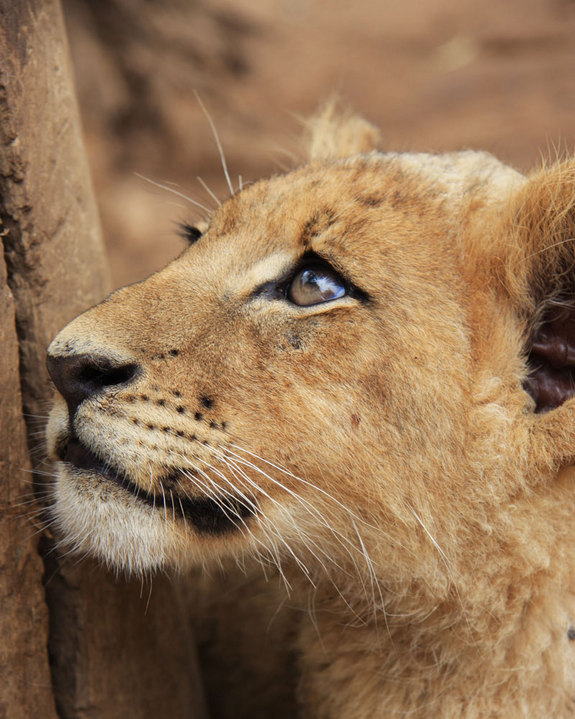
Get the world’s most fascinating discoveries delivered straight to your inbox.
You are now subscribed
Your newsletter sign-up was successful
Want to add more newsletters?

Delivered Daily
Daily Newsletter
Sign up for the latest discoveries, groundbreaking research and fascinating breakthroughs that impact you and the wider world direct to your inbox.

Once a week
Life's Little Mysteries
Feed your curiosity with an exclusive mystery every week, solved with science and delivered direct to your inbox before it's seen anywhere else.

Once a week
How It Works
Sign up to our free science & technology newsletter for your weekly fix of fascinating articles, quick quizzes, amazing images, and more

Delivered daily
Space.com Newsletter
Breaking space news, the latest updates on rocket launches, skywatching events and more!

Once a month
Watch This Space
Sign up to our monthly entertainment newsletter to keep up with all our coverage of the latest sci-fi and space movies, tv shows, games and books.

Once a week
Night Sky This Week
Discover this week's must-see night sky events, moon phases, and stunning astrophotos. Sign up for our skywatching newsletter and explore the universe with us!
Join the club
Get full access to premium articles, exclusive features and a growing list of member rewards.
Nearly half of all of Africa's lion populations could face extinction in the next 40 years if conservation measures aren't changed, according to a new study.
The study, published today (March 6) in the journal Ecology Letters, found that lion populations that were fenced into conservation areas rebounded in recent years, whereas lions in open preserves were challenged by prey loss and predation by human neighbors.
"Lions in fenced reserves tend to do much better, they're achieving much better populations," said Luke Hunter, a conservation biologist with Panthera, an organization that works to protect endangered big cats. "It's also cheaper to achieve those outcomes."
Big cats
Lion populations have been shrinking across Africa as they rub up against growing human populations. Herding cultures, such as the Maasai or the Zulu, may convert wild habitat to grazing land, thereby reducing the population of natural prey for the majestic cats. So instead of going after a zebra, lions will hunt people's livestock (and occasionally kill people).
"More and more people live in fairly rural areas where there is wildlife, but those people rely on livestock, so they're really coming into conflict often with lions," Hunter told LiveScience. "They just see them as a really dangerous enemy." [In Photos: A Day in the Life of a Lion]
To understand what strategies might best protect lions, Hunter and a few dozen colleagues analyzed lion population data from 42 sites across Africa. Some parks reported 46 years of data, whereas others had only three years of data.
Get the world’s most fascinating discoveries delivered straight to your inbox.
They then compared the population trajectories with fencing, the money allocated to conservation and nearby human population density.
Fenced reserves cost a fourth of the cost to maintain and achieve the same results as unfenced reserves. Fenced reserves also had the highest lion numbers.
Unfenced lions, by contrast, faced attacks by neighboring people, poaching and declining prey populations. Nearly half of the populations will dwindle to near extinction levels in the next 20 to 40 years if no conservation measures are taken, the study showed.
Don't fence us in
But while the fencing is incredibly effective for preserving lions, not every conservationist loves them, Hunter said.
"I would hate to see more of Africa fenced," Hunter said. "It just takes away from a sense of wilderness."
Fencing can disrupt the great migrations of herbivores and the movements of free-roaming animals such as the African wild dog or the cheetah, he said. But it may be the most effective way to save lions, he said.
"Whether it's a fence or some other form of barrier it's really clear that lions need physical separation from people if we're going to save them."
Follow Tia Ghose on Twitter @tiaghose. Follow LiveScience on Twitter @livescience, Facebook or Google+. Original article on LiveScience.com.

Tia is the editor-in-chief (premium) and was formerly managing editor and senior writer for Live Science. Her work has appeared in Scientific American, Wired.com, Science News and other outlets. She holds a master's degree in bioengineering from the University of Washington, a graduate certificate in science writing from UC Santa Cruz and a bachelor's degree in mechanical engineering from the University of Texas at Austin. Tia was part of a team at the Milwaukee Journal Sentinel that published the Empty Cradles series on preterm births, which won multiple awards, including the 2012 Casey Medal for Meritorious Journalism.
 Live Science Plus
Live Science Plus










